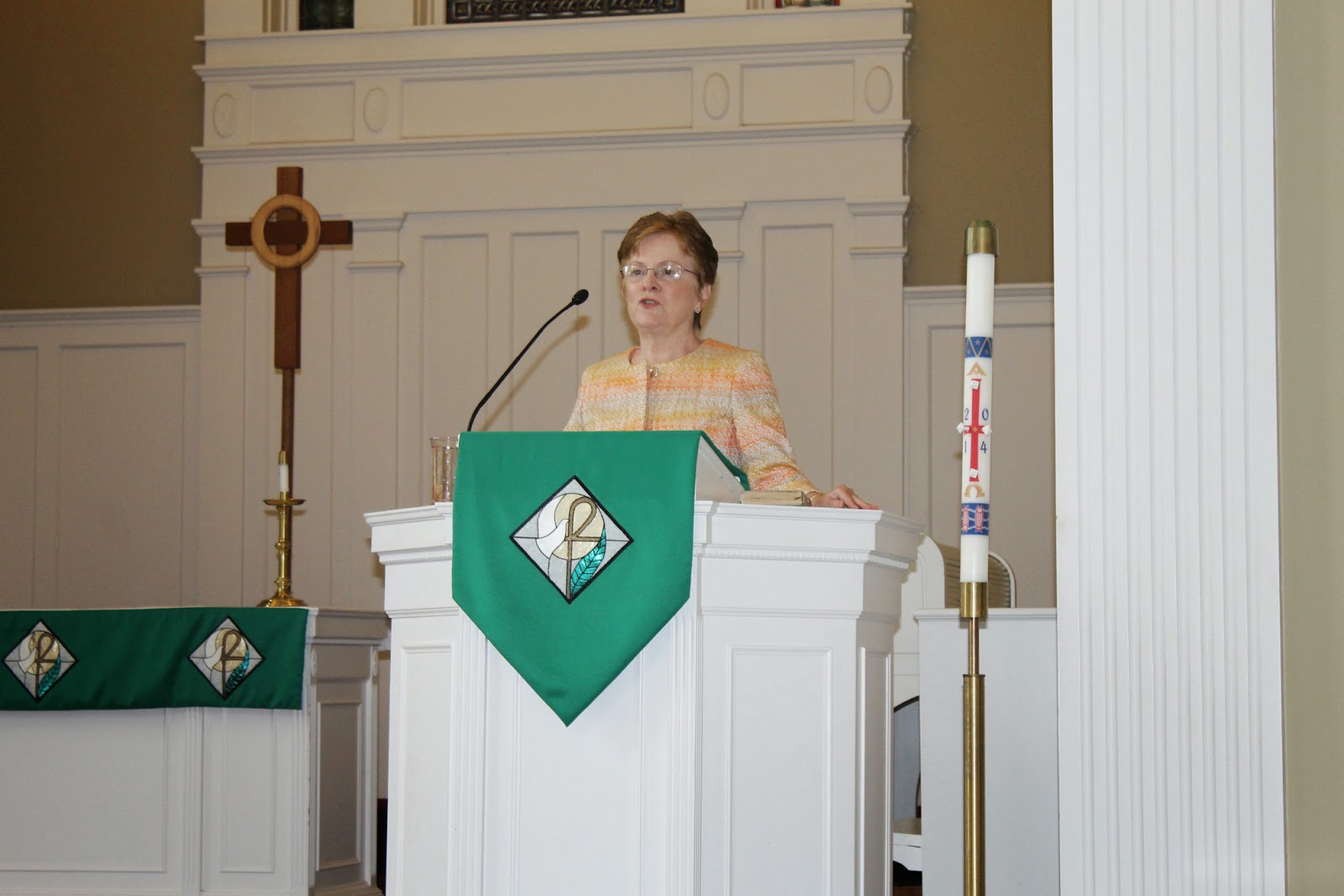This past Thursday Sept. 25th, on the 2nd day of the 2014 Nils W. Lund Memorial Lectureship, Dr. Beverly Gaventa, Distinguished Professor of New Testament at Baylor University, gave two lectures on Paul’s letter to the church at Rome.
In the first lecture, entitled “What Part of the Word “All” Don’t We Understand?” Gaventa gives an apocalyptic reading of Romans, from beginning to end, highlighting points in the text where transformations (in life and the human condition) take place. Much in the spirit and exegetical legacy of Karl Barth, Ernst Κäsemann, and J. Louis Martyn (her doctoral supervisor), Gaventa emphasizes the essentiality of divine initiative, because the anti-God powers of Sin and Death have so thoroughly enslaved humanity that no amount of repentance will change the human condition.
Focusing on Romans 3, and seeing in Rom 5-8 a recapitulation of the same themes in Rom 1-3 but at a larger cosmic scale, in her own words, Gaventa offered this challenge: “The human problem is larger than that which can be handled by repentance and forgiveness. Slaves cannot repent their way out of slavery. They can only be liberated. Salvation is not about being forgiven but being delivered by God.”
Gaventa then gives a really poignant illustration by comparing the sociological and psychological slavery of the child-soldier as an analogue to the kind of slavery experienced under the rule of Sin and Death. There is more to share, but I’ll let you hear from Gaventa herself via the video link (below).
 |
| Professor Beverly Gaventa delivering the first of two Lund Lectures in Isaacson Chapel at North Park Theological Seminary |
In the 2nd lecture, entitled “Free and Costly Grace,” Gaventa caught me by surprise (in a good way!). Focusing on Rom 12, Gaventa argued that grace is free because Christ died for all (5:18; 8:32), but it is costly because having been liberated, the Christian worships God by becoming a “living sacrifice” (12:1). There is nothing easy or trite about worship. Genuine worship is returning to God what is God’s. There is no limit to God’s claim on us. Worship leads to ethical living.
You must be logged in to post a comment.